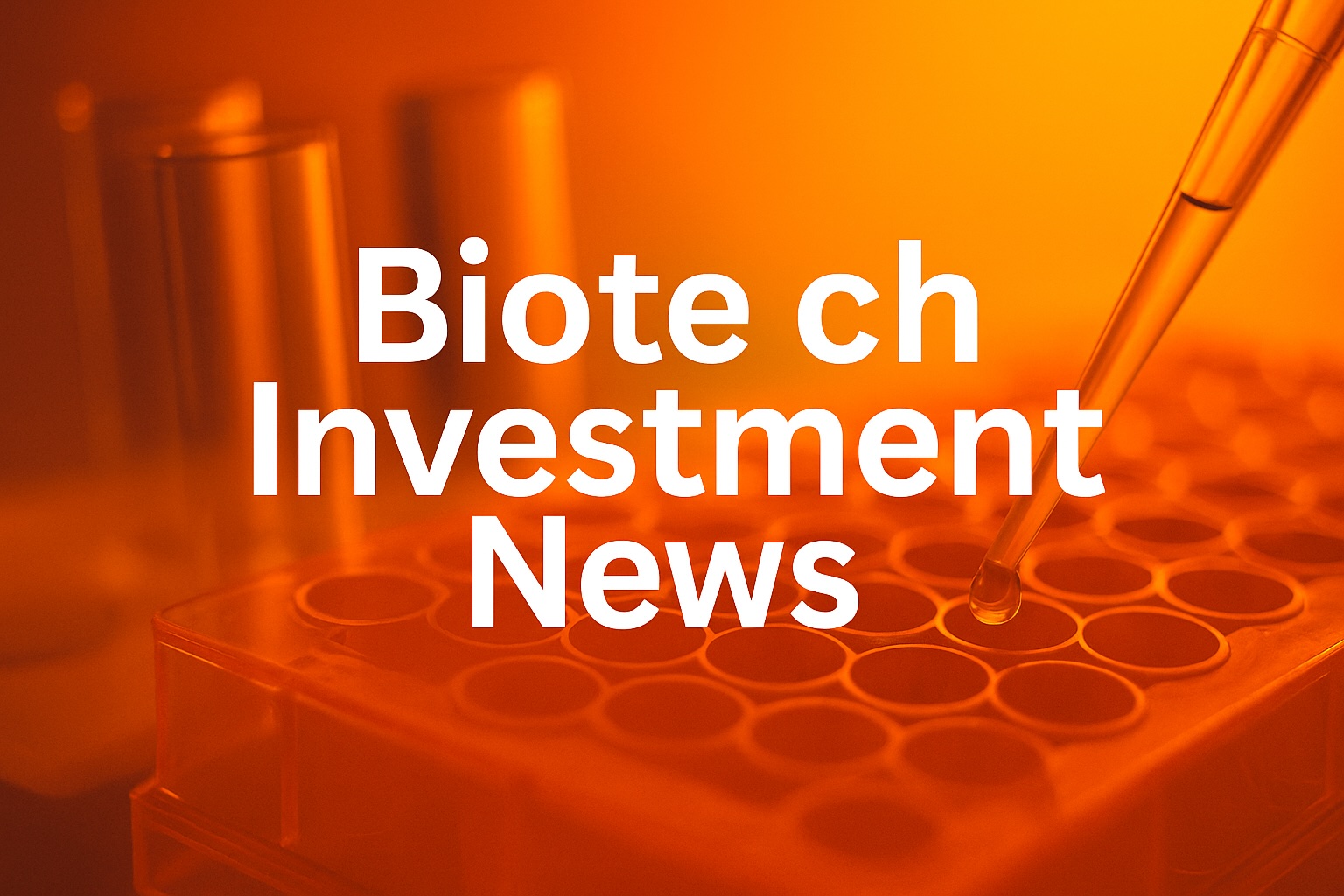Strategic Review: From Opdivo to Next-Gen Modalities
BMS is known as a pioneer in immuno-oncology, with the development of Opdivo (nivolumab) and Yervoy (ipilimumab). Over the past decade, the company has expanded aggressively into new modalities including cell therapy, ADCs, T-cell engagers, RNA therapeutics, and AI-driven discovery.
Key Acquisitions and Partnerships (2015–2025)
- 2019: Acquired Celgene ($74B), gaining assets in multiple myeloma, inflammation, and CAR-T
- 2021: Acquired Forbius (TGF-β inhibitors)
- 2022: Acquired Turning Point Therapeutics (selective kinase inhibitors) for $4.1B
- 2022: Partnered with Immatics (TCR-T cell therapy), up to $3.1B
- 2023: Partnered with Orca Bio (precision cell therapy), up to $4B
- 2024: Partnered with Rezo Therapeutics (AI drug discovery for oncology targets)
Strategic Significance
BMS started with a strong base in immuno-oncology and expanded its pipeline with the Celgene acquisition. It is now actively investing in next-generation therapies like T-cell based approaches, AI-driven discovery, and kinase inhibitors to position itself for sustained growth in oncology and immunology.
My Insight
BMS has maintained momentum since its transformative Celgene acquisition and continues to adapt to rapidly evolving therapeutic landscapes. Its balanced approach to innovation and risk makes it one of the more resilient and strategic players in the biotech industry.





Comments